The Best Oils for Hair Growth: A Guide
Are you struggling with hair thinning or slow growth? Many people turn to topical treatments to stimulate hair follicles and promote a healthier, fuller head of hair. At hairy.cartlab.web.id, we understand the desire for luscious locks and are committed to providing you with the information you need to make informed decisions about your hair care. This comprehensive guide explores the best oils for hair growth, examining their properties, benefits, and how to effectively incorporate them into your routine. We’ll delve into the science behind their effectiveness and address common concerns, equipping you with the knowledge to choose the perfect oil for your hair type and needs. Remember, healthy hair starts with a holistic approach, combining proper nutrition, a balanced lifestyle, and targeted treatments.
Hair loss and slow growth can stem from various factors, including genetics, hormonal imbalances, stress, and poor diet. While some causes require medical attention, many individuals find that incorporating natural oils into their hair care regimen can significantly improve hair health and stimulate growth. These oils offer a wealth of nutrients and antioxidants that nourish the scalp and hair follicles, promoting a healthier environment for hair to thrive. This guide will provide you with a detailed understanding of the most effective oils, allowing you to select the best option for your specific concerns.
Before we dive into the specifics, it’s important to remember that results vary depending on individual factors. What works wonders for one person might not yield the same results for another. Patience and consistency are key when using hair oils; you won’t see overnight miracles, but with regular application, you can expect gradual improvement in hair health and growth. This guide is designed to help you navigate the world of hair oils and make informed choices to support your hair growth journey.
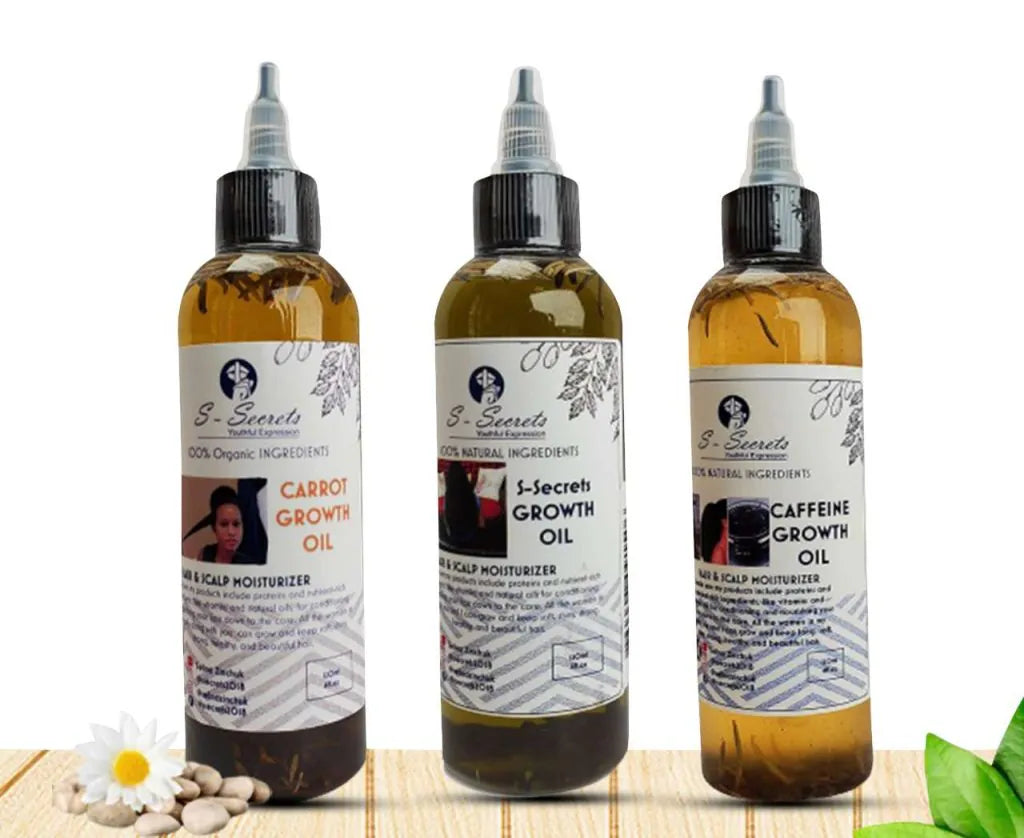
Castor Oil: A Thick and Powerful Choice
Castor oil, derived from the castor bean plant, is renowned for its thick consistency and high concentration of ricinoleic acid. This fatty acid is believed to possess anti-inflammatory and antimicrobial properties, which can help to soothe an irritated scalp and create a healthier environment for hair growth. Ricinoleic acid also has potential benefits for improving blood circulation to the scalp, potentially stimulating hair follicles.
- Benefits: Promotes hair growth, strengthens hair shafts, conditions dry and brittle hair, soothes scalp inflammation.
- How to Use: Apply a small amount directly to the scalp and massage gently. Leave on for at least 30 minutes, or even overnight for optimal results, before washing thoroughly. Because of its thick consistency, it’s best to use a clarifying shampoo to remove all traces of the oil.
- Considerations: Its thick texture can be challenging to rinse out, and it may not be suitable for all hair types.
Coconut Oil: A Versatile and Widely Accessible Option
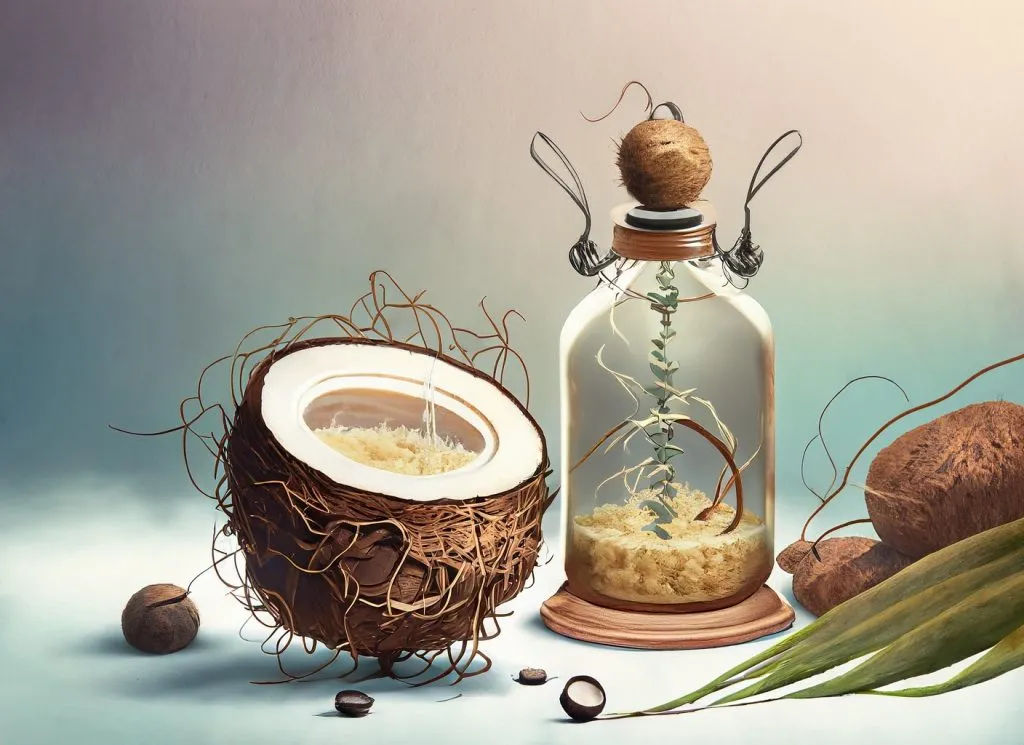
Coconut oil, extracted from the kernel of coconuts, has gained immense popularity in recent years due to its versatility and numerous benefits for hair. Its rich composition of fatty acids, including lauric acid, helps to strengthen hair strands, reduce protein loss, and improve overall hair health. It also has excellent moisturizing properties, making it ideal for dry and damaged hair.
- Benefits: Moisturizes, strengthens hair, reduces protein loss, protects hair from damage, promotes shine.
- How to Use: Apply warm coconut oil to your hair and scalp, massaging gently. Leave it on for at least an hour or overnight, then wash thoroughly.
- Considerations: While generally safe, some individuals may experience allergic reactions. Choose virgin, unrefined coconut oil for the best results.
Argan Oil: A Luxurious Choice for Shine and Strength
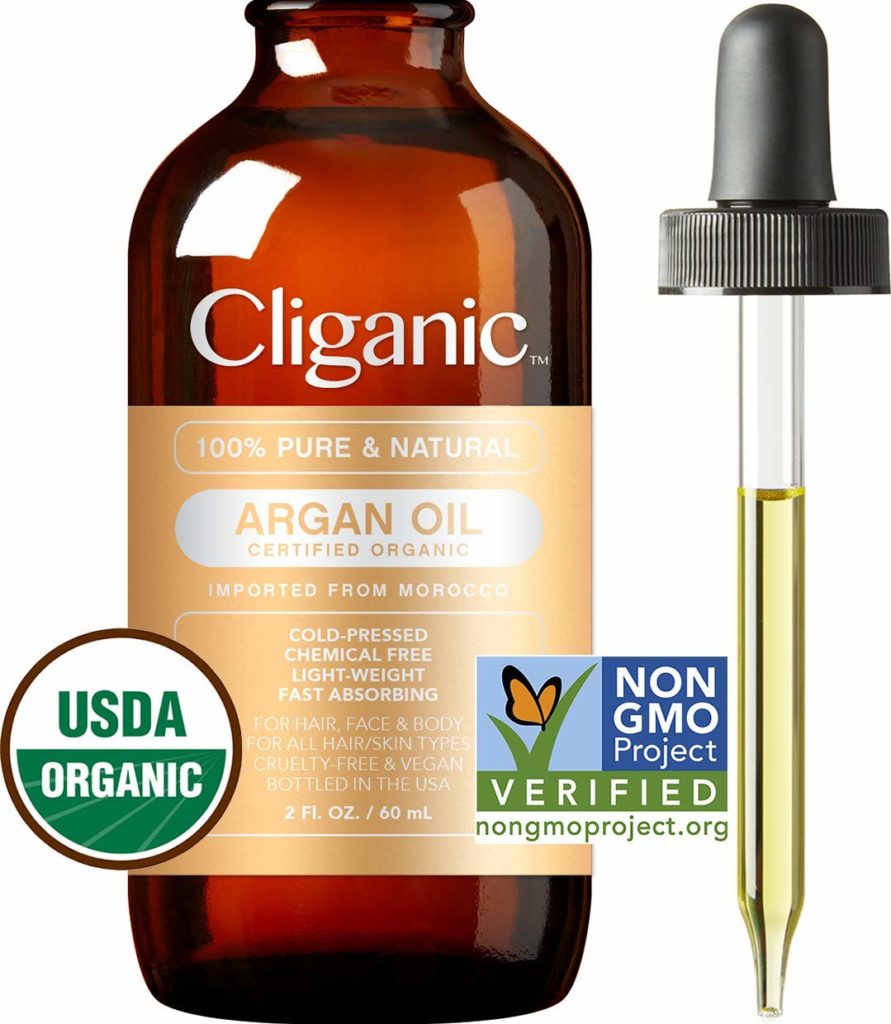
Argan oil, extracted from the kernels of the argan tree, is a luxurious oil prized for its high concentration of vitamin E and fatty acids. These components contribute to its excellent moisturizing and nourishing properties. Argan oil is particularly effective in improving hair elasticity, reducing breakage, and enhancing shine.
- Benefits: Moisturizes, improves hair elasticity, reduces breakage, adds shine, protects against damage.
- How to Use: Apply a small amount to damp hair, focusing on the ends. You can also add a few drops to your favorite conditioner for extra conditioning.
- Considerations: It can be expensive compared to other oils, but a little goes a long way.
Jojoba Oil: A Natural Scalp Conditioner
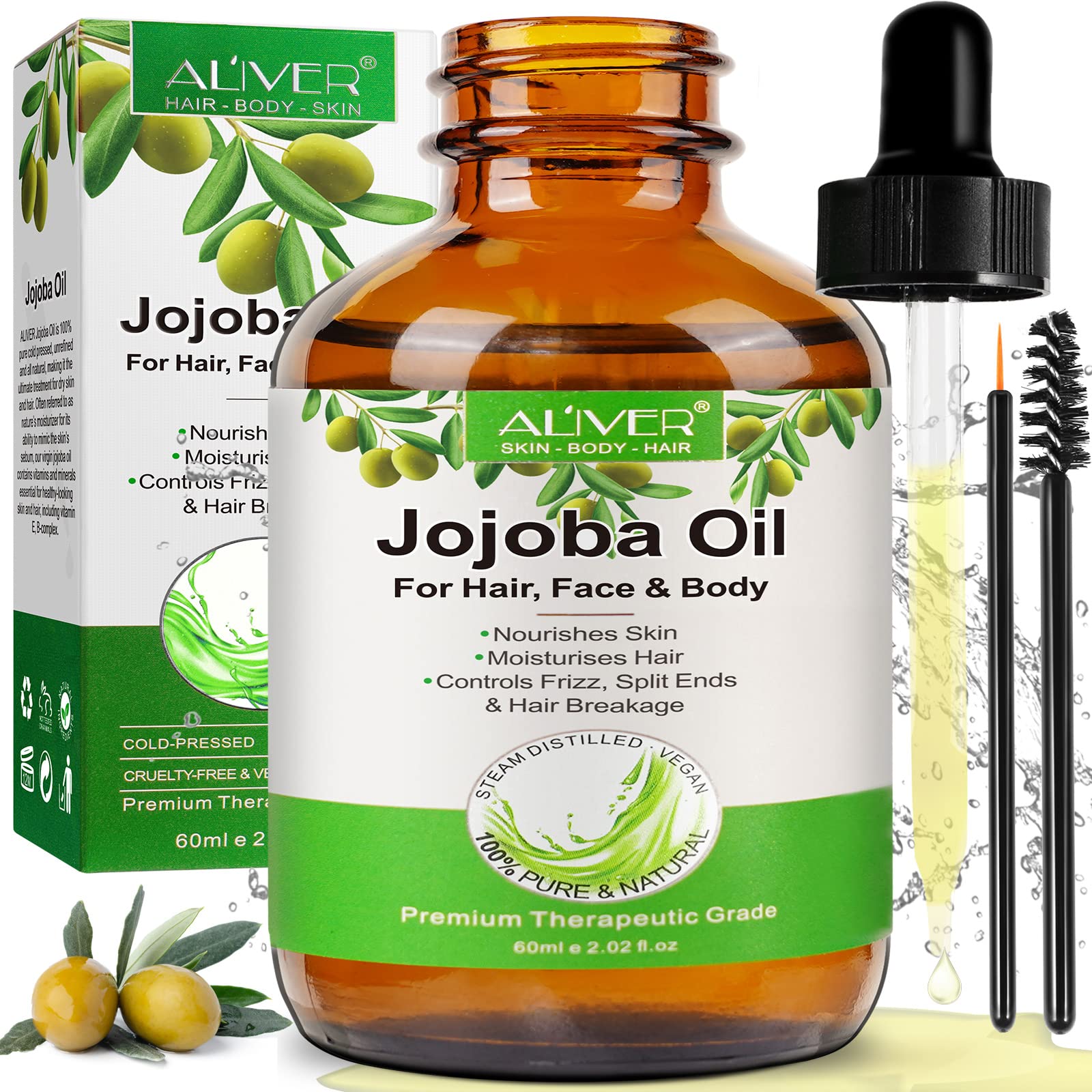
Jojoba oil is unique in that its composition closely resembles the sebum produced by our scalp. This makes it an excellent natural conditioner that helps to regulate sebum production, preventing dryness and oiliness. It also has anti-inflammatory properties, which can help to soothe irritated scalps and promote a healthy environment for hair growth.
- Benefits: Balances sebum production, moisturizes, soothes scalp irritation, reduces dandruff, improves hair shine.
- How to Use: Apply a few drops to your scalp and massage gently. You can leave it on for a few hours or overnight before washing.
- Considerations: It may not be as effective for extremely dry or damaged hair as other oils.
Rosemary Oil: Stimulating Scalp and Promoting Growth
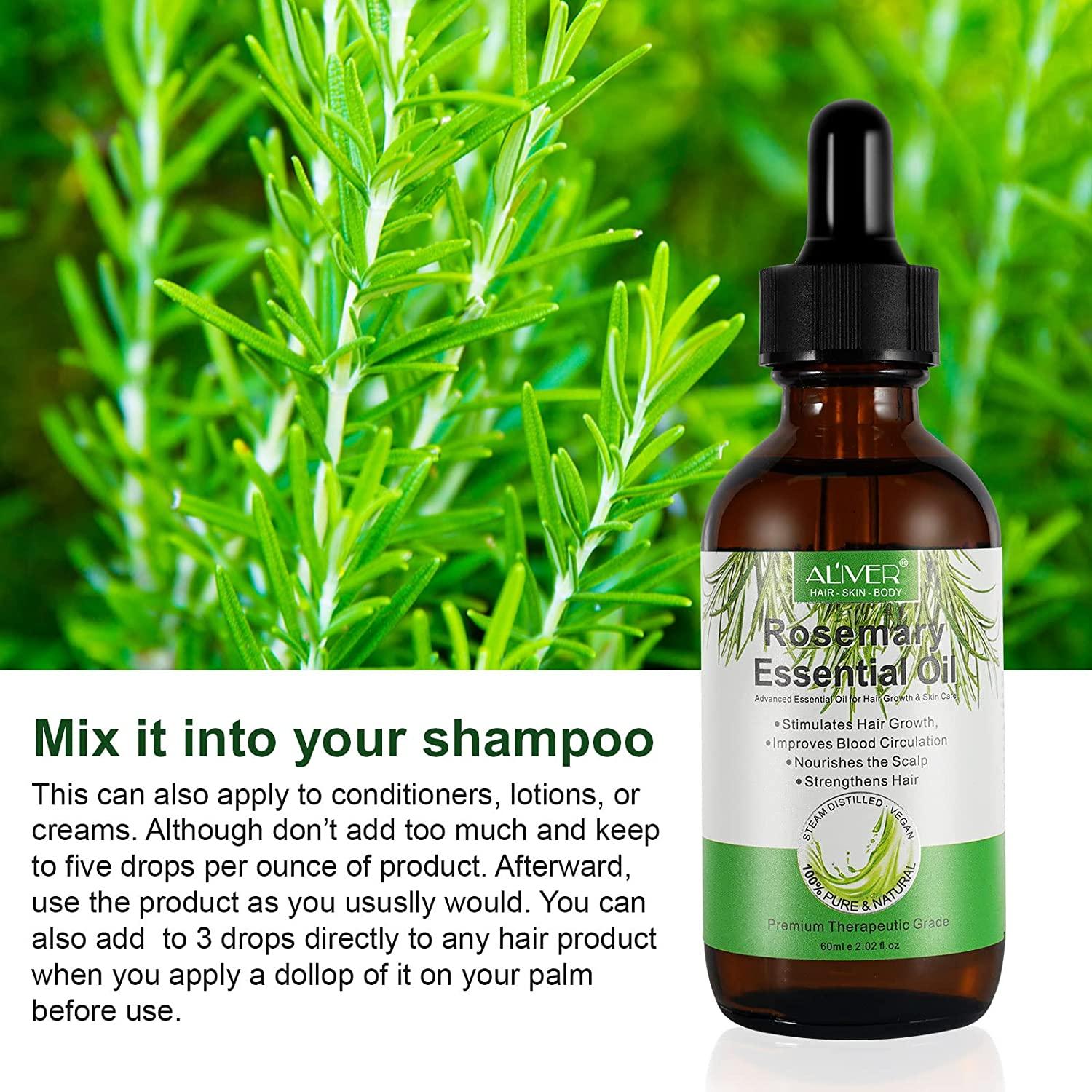
Rosemary oil is a popular choice for its potential to stimulate hair growth and improve circulation to the scalp. It is often used in aromatherapy and is believed to possess antimicrobial and antioxidant properties, which can contribute to a healthier scalp environment. While more research is needed to confirm its effectiveness for hair growth, many users report positive results.
- Benefits: Stimulates hair growth, improves blood circulation to the scalp, has antimicrobial and antioxidant properties, adds shine.
- How to Use: Dilute rosemary essential oil with a carrier oil such as coconut or jojoba oil before applying to the scalp. Never apply undiluted essential oils directly to the skin.
- Considerations: Always dilute rosemary essential oil before use. Some individuals may experience skin irritation. For best results, combine with a carrier oil like coconut or jojoba.
For those looking to further enhance their hair growth journey, we recommend checking out our guide on “The Best Vitamins for Strong, Healthy Hair” at hairy.cartlab.web.id/the-best-vitamins-for-strong-healthy-hair. Proper nutrition plays a vital role in supporting healthy hair growth, and the right vitamins can make a significant difference. Furthermore, using the right hair tools can significantly affect hair health. Learn more about “The Best Hair Tools for Damage-Free Styling” at hairy.cartlab.web.id/the-best-hair-tools-for-damage-free-styling to avoid unnecessary damage.
Remember, consistent application and a holistic approach are crucial for seeing noticeable results. While these oils can significantly contribute to hair health and growth, they are not a magic bullet. A healthy lifestyle, including a balanced diet and stress management, is equally important. For individuals with significant hair loss or concerns, consulting a dermatologist or trichologist is recommended.
https://www.ncbi.nlm.nih.gov/pmc/articles/PMC6121441/ https://pubmed.ncbi.nlm.nih.gov/28161135/ https://www.ncbi.nlm.nih.gov/pmc/articles/PMC7005156/
In conclusion, choosing the right oil for your hair type and needs can be a game-changer in your quest for healthier, fuller hair. This guide provides a solid foundation for understanding the benefits of various oils and how to incorporate them into your routine. Remember to be patient and consistent, and don’t hesitate to experiment to find the perfect oil combination for your hair. For a more in-depth exploration of this topic, visit our comprehensive guide: The Best Oils for Hair Growth: A Guide. And if you’re interested in exploring hairstyles that complement your features, check out “The Best 10 Hairstyles for Oval Face Shapes” at hairy.cartlab.web.id/the-best-10-hairstyles-for-oval-face-shapes.
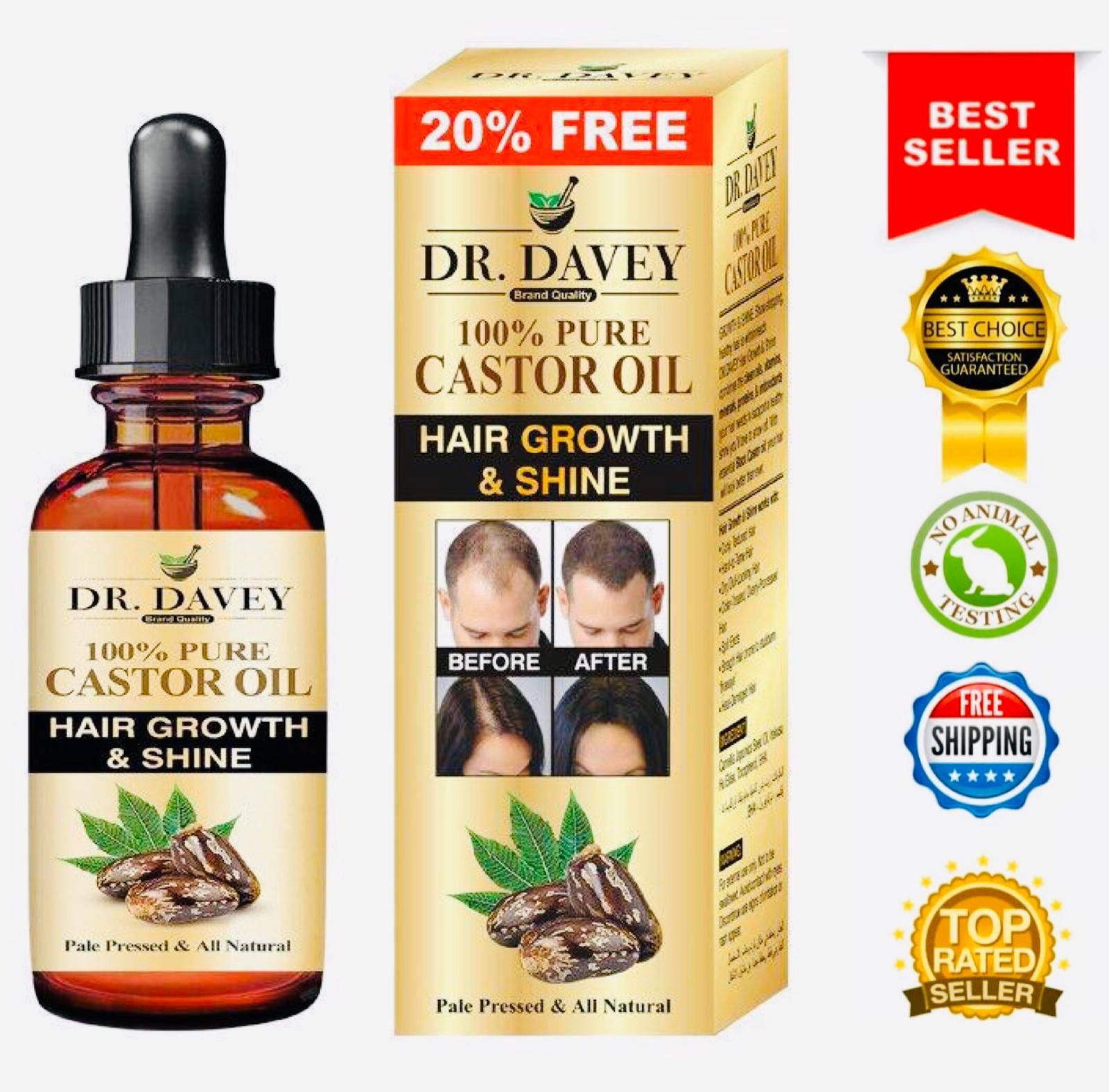
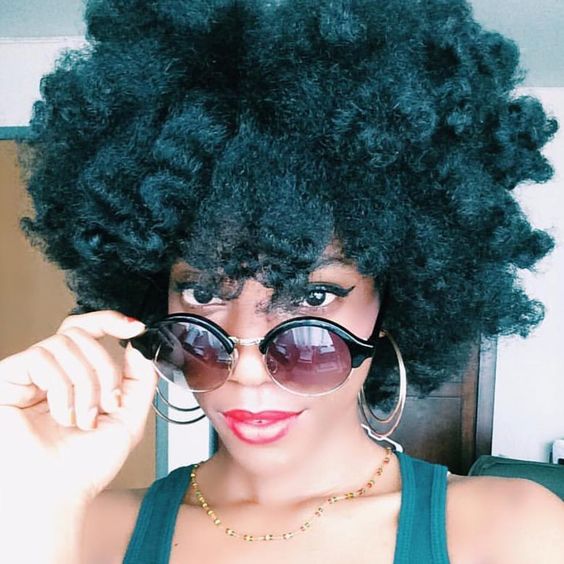





Comments